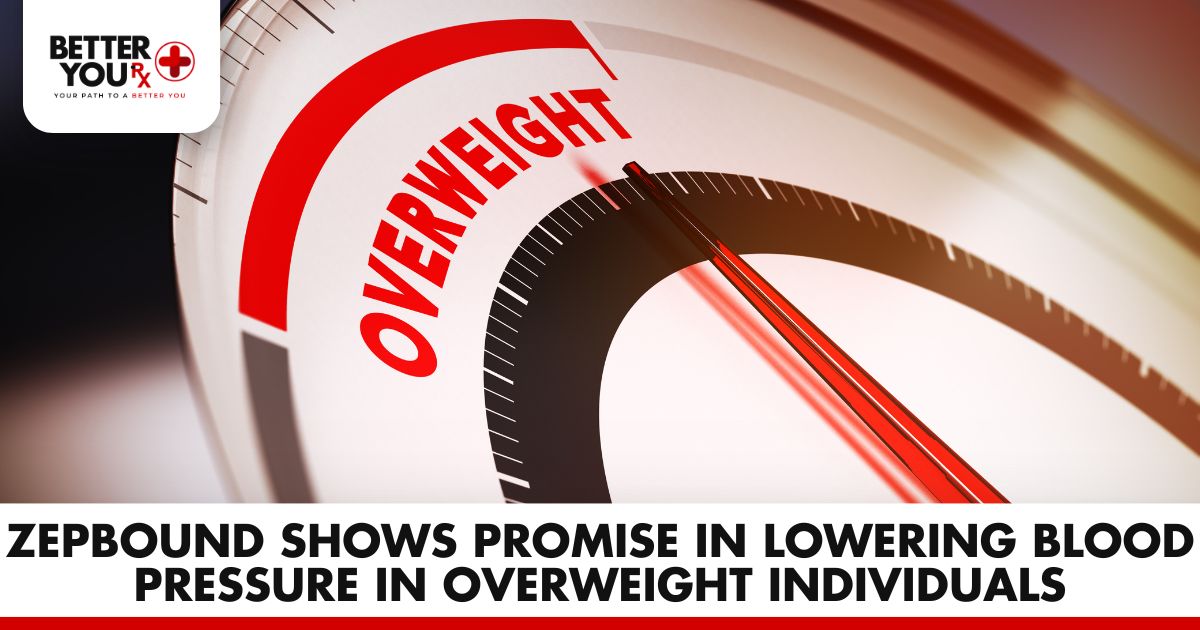The Relationship between Body Weight and Health
In recent years, there has been a growing conversation about the “fat but fit” concept, which suggests that it is possible to be overweight or obese but still have good measures of health. The idea challenges the traditional belief that being overweight automatically increases your risk of developing chronic health conditions such as type 2 diabetes, heart disease, and certain cancers. As people in today’s society become more accepting of diverse body sizes, it is essential to understand the relationship between body weight and health.
FIs Being Overweight a Problem if You Have Good Health Measures?
During the early 2000s, researchers at the Centers for Disease Control and Prevention (CDC) conducted a study to determine how much being underweight or overweight increased a person’s mortality risk. Surprisingly, their findings revealed that being overweight (having a BMI between 25 and 30) was associated with lower mortality than being underweight or having a normal BMI (18.5 to 25). This groundbreaking discovery challenged the traditional belief that being overweight automatically increases the risk of chronic health conditions.
While this research is significant, it does not discount the fact that obesity (particularly severe obesity) is still linked to poor metabolic health. Experts suggest that proven risk factors such as increased rates of cancer, osteoarthritis, high blood pressure, and other health conditions should be taken into account when assessing the health effects of body weight and the benefits of weight loss.
The Concept of Metabolically Healthy Obesity
Obesity is a complex condition that can affect a person’s metabolic health differently. Metabolically healthy obesity is a term used to describe individuals with obesity who have good metabolic measures such as normal blood pressure, triglyceride levels, HDL cholesterol levels, blood glucose levels, and waist circumference. While some people with obesity are metabolically healthy, severe obesity is associated with an increased risk for chronic metabolic diseases such as diabetes, heart disease, and stroke.
Although a precise number is hard to estimate, research suggests that metabolic health among people who are obese is relatively rare. Furthermore, gender and age play a part in metabolic health, with a greater prevalence of metabolic health found among women and younger people with BMIs less than 35.
Genetics and Lifestyle Play a Role
Many studies suggest that genetics play an essential role in obesity. While experts suggest that becoming fit through healthy eating and regular physical activity can protect against the metabolic harms of obesity, genetic factors may impact how well a person can fight against metabolic abnormalities.
Lifestyle and behavioral factors such as healthy eating, regular physical activity, and adequate sleep may play a part in metabolic health. However, further research is needed to understand the relationship between lifestyle factors and metabolically healthy obesity fully.
The Role of Fitness in Protecting Against High Weight Risks
Research suggests that fitness, rather than body weight, is a more helpful health measurement. Individuals who are overweight or obese but are also fit (as determined by their maximal oxygen uptake or VO2 max, a common measurement of overall fitness) experience similarly low rates of mortality as people who have “normal” BMIs and are fit. Both groups have lower mortality than unfit people.
Regular aerobic and endurance training can improve metabolic health and protect against metabolic diseases. However, it is crucial to note that becoming more fit will not guarantee metabolic health for everyone, and weight loss may still provide additional benefits.
The Bottom Line: Should Weight Loss Always Be the Goal if You’re Overweight or Obese?
For those who are obese, losing weight can lower the risk of age-related mobility impairments, and joint problems such as arthritis, dementia, and some cancers. While there may be a small subset of people with obesity who are metabolically healthy, weight loss could still provide additional risk reduction benefits, particularly for those with severe obesity.
In conclusion, the “fat but fit” concept challenges the traditional belief that body weight alone determines a person’s health risk. However, obesity (particularly severe obesity) is still linked to poor metabolic health and increases the risk of chronic health conditions. While some people with obesity are metabolically healthy, obesity in general is associated with an increased risk of chronic metabolic diseases. Genetics and lifestyle factors significantly influence how well a person battles metabolic abnormalities, and fitness may provide protective health benefits. However, for those who are obese, weight loss is still crucial to reducing the risk of many chronic health conditions.










